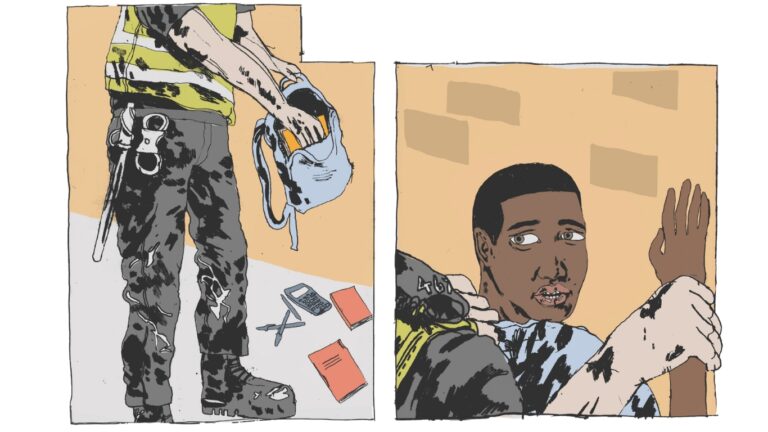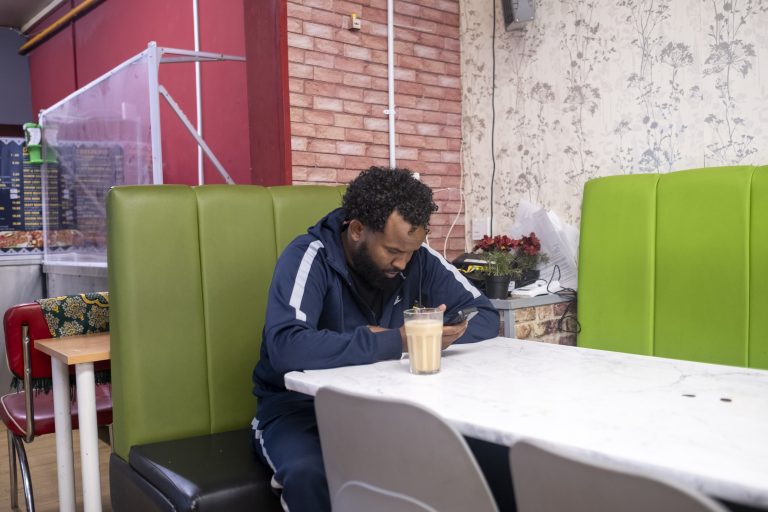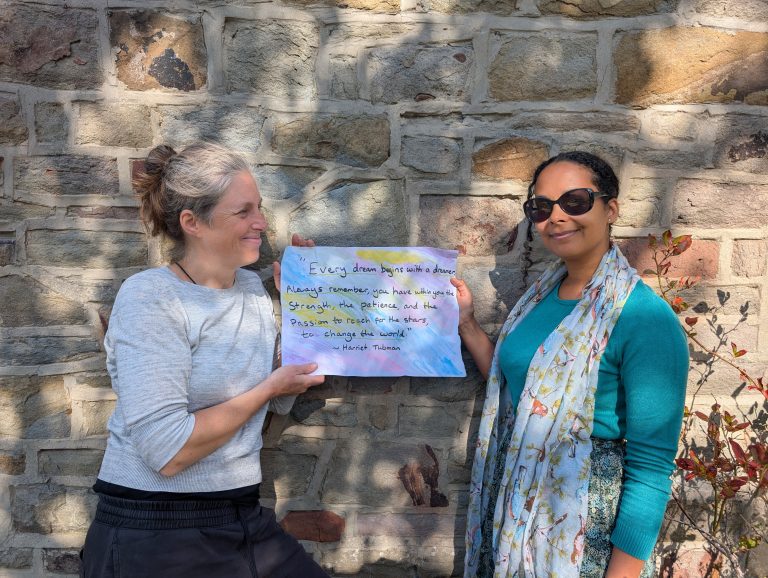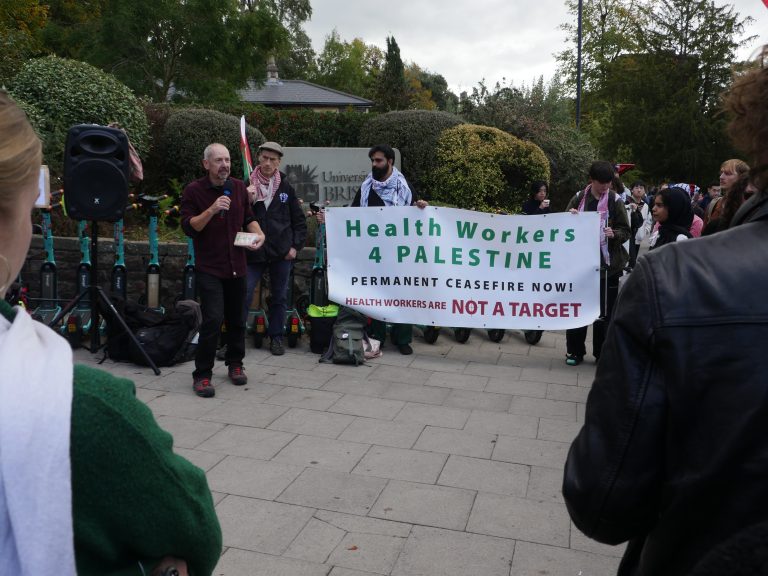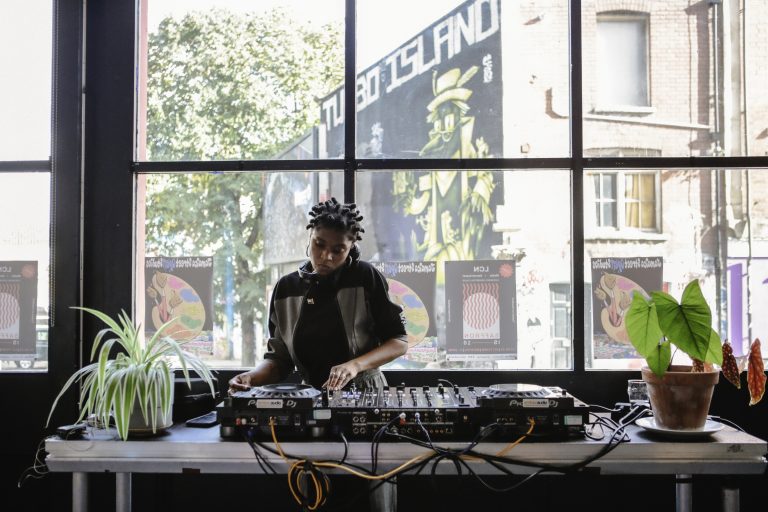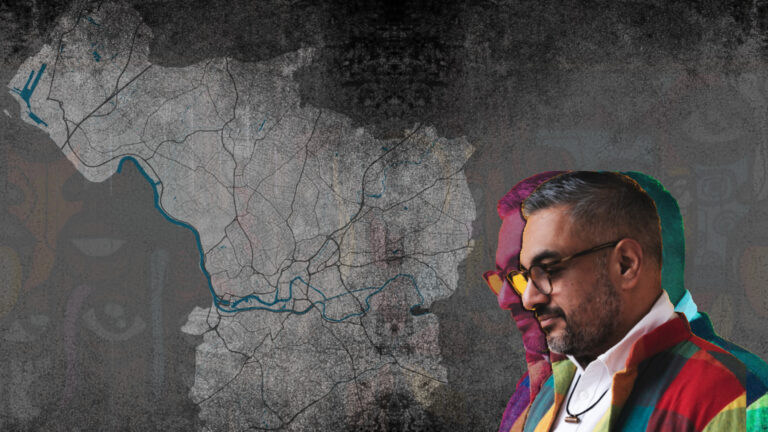As last week’s local elections showed once again, faith in democracy – and in particular in traditional political parties – is at a low ebb, in the UK and elsewhere. The latest episode of Unpacked – recorded just before Thursday’s polling, which saw a five-way contest for the West of England mayor end in a narrow Labour victory with just 25% of votes – wrestles with whether citizens’ assemblies offer a chance to rekindle the public’s affection.
Neil is joined by David Jubb, a theatre director, now co-founder and co-director of Citizens in Power, which as its name suggests aims to enable citizens to lead decision-making and shape the future.
Citizens’ assemblies have been touted for at least a decade now as a way to re-engage people with democratic systems. They offer a representative group of people the chance to deliberate on thorny issues – such as abortion or assisted dying – in a much more nuanced way than, for example, the binary choice of the Brexit referendum did.
Citizens’ assemblies are meant to provide a safe space for people to respectfully disagree, something that has become harder in our age of polarised opinion, and to find solutions that are acceptable for all.
This year, Jubb will be collaborating with Trinity Community Arts and St Paul’s Carnival on Citizens for Culture, a West of England-wide citizens’ assembly project to explore how creative opportunities can be more inclusive and accessible for everyone in the region. How will that work then? Who will be involved? And what would success look like? Tune in for another thought-provoking chat…
Subscribe to The Bristol Cable on Spotify, Apple Podcasts or wherever you get your audio. And check out our other shows.
Keep the Lights On
Investigative journalism strengthens democracy – it’s a necessity, not a luxury.
The Cable is Bristol’s independent, investigative newsroom. Owned and steered by more than 2,600 members, we produce award-winning journalism that digs deep into what’s happening in Bristol.
We are on a mission to become sustainable – will you help us get there?

Comments
Related content
Racist and traumatising: inside a Section 60 suspicionless stop and search operation
Officers searched innocent children, disproportionately targeted people of colour and undermined their anti-racism reforms during a 48-hour police operation in February. Their narrative that it was an effective knife-crime deterrent, done with consent, is misleading.



